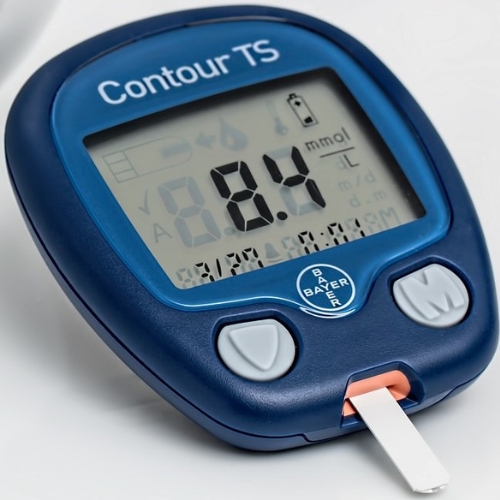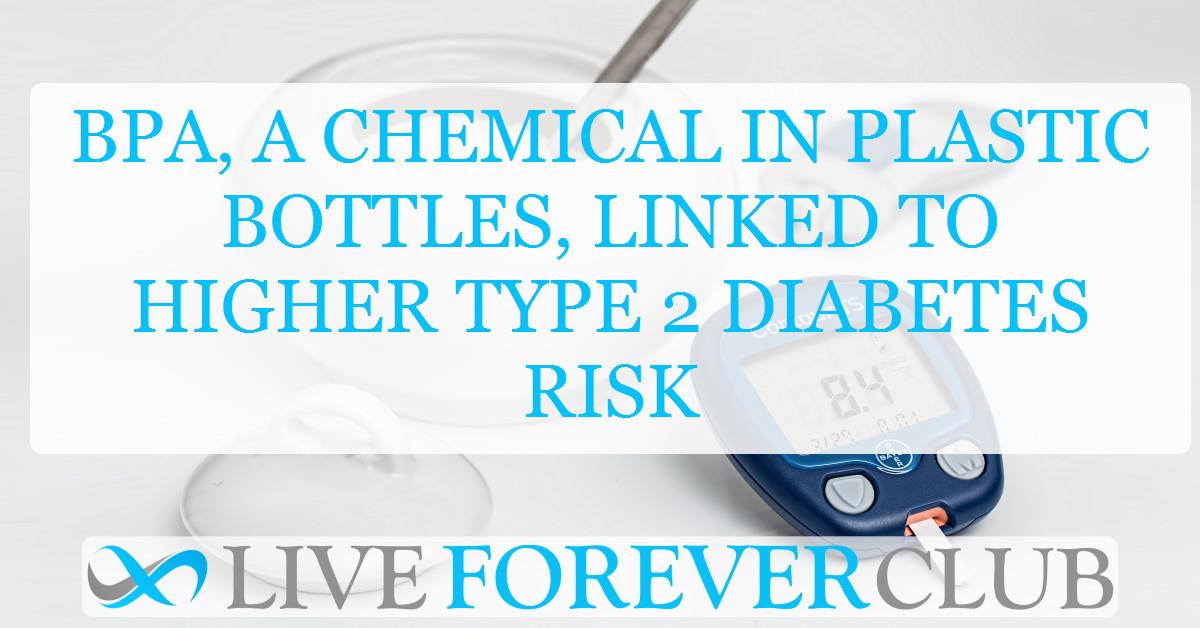Key points from article :
Recent research by California Polytechnic State University, published in the journal Diabetes, has revealed a concerning association between Bisphenol A (BPA), a common chemical used in plastic bottles, and an elevated risk of developing type 2 diabetes. The study demonstrated that BPA exposure can impair insulin sensitivity, a crucial factor in regulating blood sugar levels.
In a randomised controlled trial, healthy adults were administered either a placebo or a dose of BPA deemed safe by current EPA standards. After a mere four days, those receiving BPA exhibited reduced insulin responsiveness compared to the placebo group.
These findings underscore the need to re-evaluate the current safety guidelines for BPA exposure. Healthcare professionals may consider advising patients to minimise BPA exposure by opting for alternatives to plastic containers, such as stainless steel or glass.
Further research has also highlighted the potential for sunlight-exposed plastic bottles to release hazardous chemicals, including known carcinogens.
These studies collectively emphasise the importance of informed public health recommendations and policy interventions to mitigate the potential health risks associated with BPA and other chemicals leaching from plastic products






